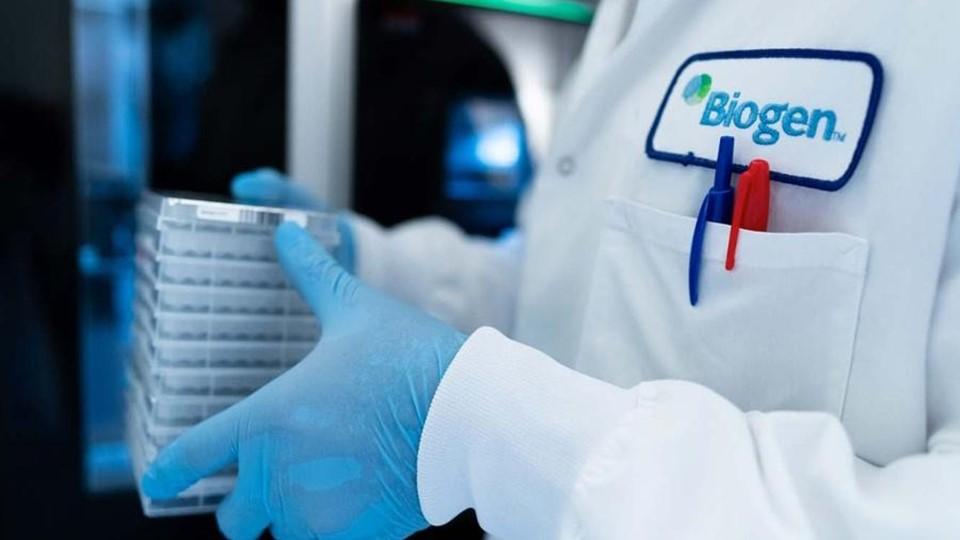Sage, Biogen's zuranolone looks approvable, but will it sell?

Last year, the first phase 3 trial of Sage Therapeutics and Biogen's antidepressant hopeful zuranolone hit its efficacy targets, but raised doubts about the durability of the response. Now, a second phase 3 trial has followed the same pattern, doing nothing to quell debate about its commercial prospects.
The latest study – called CORAL and involving 440 patients with major depressive disorder (MDD) – showed that zuranolone was able to achieve a modest statistically significant two-point reduction in the symptoms of depression measured using the HMAD-17 scale at three days meeting its primary objective.
That endpoint had been changed from 15 days last year however, which rescued the study. There was only a trend towards improvement over placebo at 15 days, and zuranolone was equivalent to control after 42 days.
Last year, the WATERFALL study readout showed a similar strong divergence between the drug and placebo at day three, which narrowed but was still significantly different at day 15 – albeit a smaller improvement than had been hoped for by analysts.
That result after an earlier phase 3 trial (MOUNTAIN) missed the mark at the 15-day timepoint, although it used a lower dose of zuranolone of 30mg rather than 50mg/day.
Both Sage and Biogen hailed the result as a victory and reiterated plans to file a rolling marketing application for zuranolone in the coming weeks that should complete in the second half of the year.
Nevertheless, Sage's share price fell sharply after the earlier data, and did so again when the CORAL results were revealed, closing down more than 17%, while Biogen was largely unaffected.
Zuranolone's rapidity of onset, much faster than conventional monoamine-based antidepressants which can take weeks to kick in, has been behind blockbuster sales projections in MDD. The premise is that the drug can be used to protect people with MDD who may be at risk of self-harm or even suicide quickly.
Both CORAL and WATERFALL back up the drug's potential to bring a deeply depressed person back from the brink, and CORAL involved patients with higher levels of anxiety, which may make them more vulnerable.
Now the big question is whether the drug's short window of efficacy will make it a commercially-viable product in the marketplace if approved – and meet blockbuster sales projections – and on this point opinion seems to be divided.
It's worth noting that CORAL tested zuranolone as an add-on therapy whereas WATERFALL and MOUNTAIN used the drug on its own, and the latest study may reflect more closely how it might be used in clinical practice.
Analysts at Stifel said that the drug would likely get approved, but would have benefited from stronger data to convince physicians to change how they manage MDD patients. Truist Securities meanwhile predicted that the FDA review process for the would be "wrought with noise [and] controversy" given its modest efficacy and questions about durability.
Sage already has one drug on the market in Zulresso (brexanolone), an intravenously-administered drug for postpartum depression (PPD), but sales of that are small at around $1.5 million per quarter, and it is looking to zuranolone for meaningful growth.
Biogen arguably has the most riding on zuranolone however, having stumped up $1.525 billion upfront for rights to the drug and another Sage candidate for neurological diseases in 2020, ahead of the controversial approval of Alzheimer's therapy Aduhelm (aducanumab) and its subsequent failure to generate meaningful sales.













